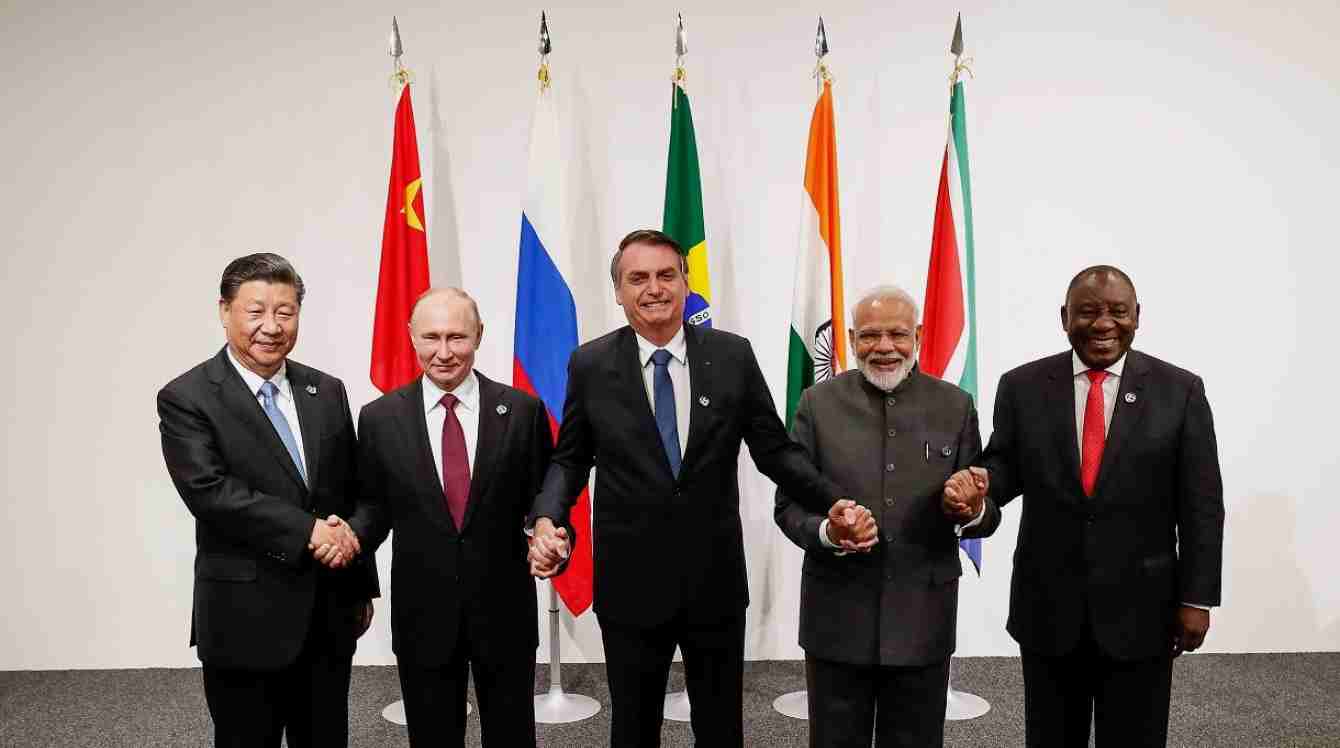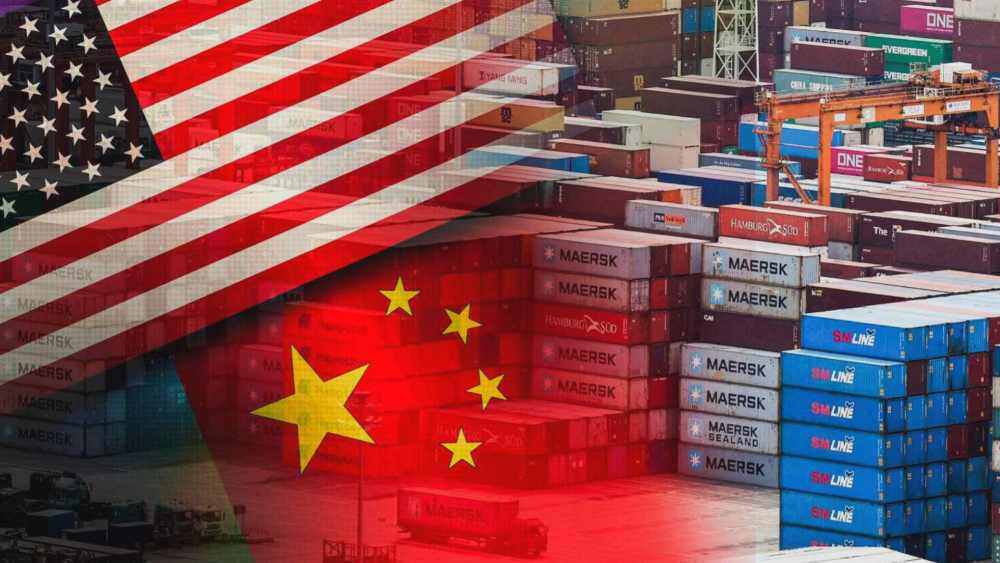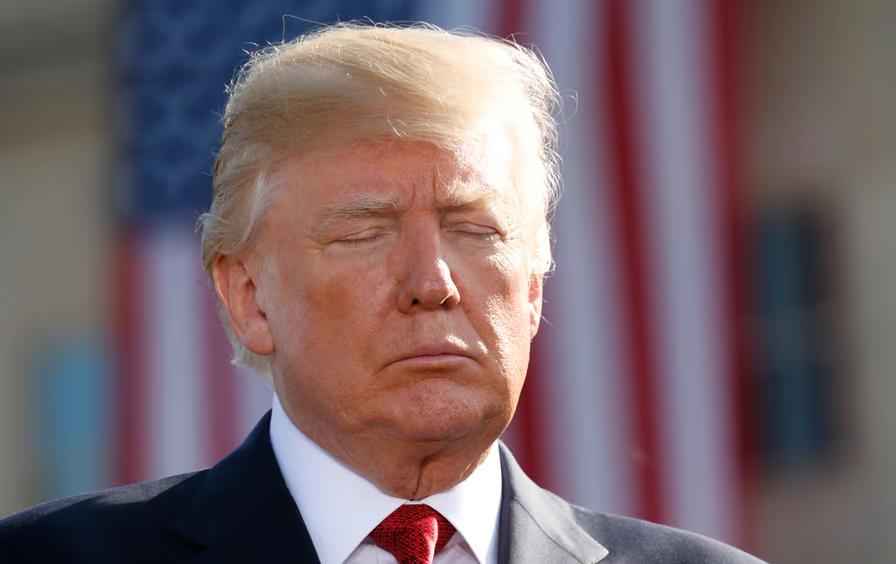The IMF's Backing of BRICS Expansion: What It Means for Emerging Economies
Sep 13, 2024 / GMT+6
International Monetary Fund (IMF) has expressed support for the expansion of BRICS. Julie Kozack, a spokesperson for the International Monetary Fund, informed reporters on Friday that global benefits could arise from BRICS expansion and should be 'supported,' in light of inquiries regarding Turkey's intentions to join the alliance.
More topics for you...This topic continues below.
China reports record $1.2 trillion trade surplus for 2025, defying Trump's tariffs.
This expansion includes countries like Saudi Arabia, Egypt, the United Arab Emirates, Iran, and Ethiopia.
BRICS is an acronym for a group of five major emerging economies: Brazil, Russia, India, China, and South Africa. The term was originally started by Goldman Sachs economist Jim O’Neill in 2001 to describe the potential of these rapidly growing economies to dominate the global economy by 2050.
The BRICS countries began meeting informally in 2006 and held their first formal summit in 2009. South Africa joined the group in 2010, expanding the original BRIC to BRICS.
BRICS has established several initiatives, including the New Development Bank (NDB) and the BRICS Contingent Reserve Arrangement (CRA), to support infrastructure and sustainable development projects.
The expansion of BRICS to include countries like Saudi Arabia, Egypt, the UAE, Iran, and Ethiopia could have several significant impacts on the global economy.
With more member countries, BRICS could wield greater influence in global economic policies and decisions, potentially challenging the dominance of other countries.
The inclusion of these new members could lead to more diversified trade partnerships and economic cooperation among BRICS nations, reducing reliance on traditional Western markets.
New members bring their own economic strengths and resources, which could lead to increased investment opportunities within the BRICS framework, fostering economic growth and development.
The expansion could shift geopolitical alliances and economic power balances, as BRICS nations collaborate more closely on economic and political issues.
Countries like Saudi Arabia and Iran, rich in oil and gas, could provide energy security to BRICS nations, while others like Ethiopia could contribute agricultural resources.







